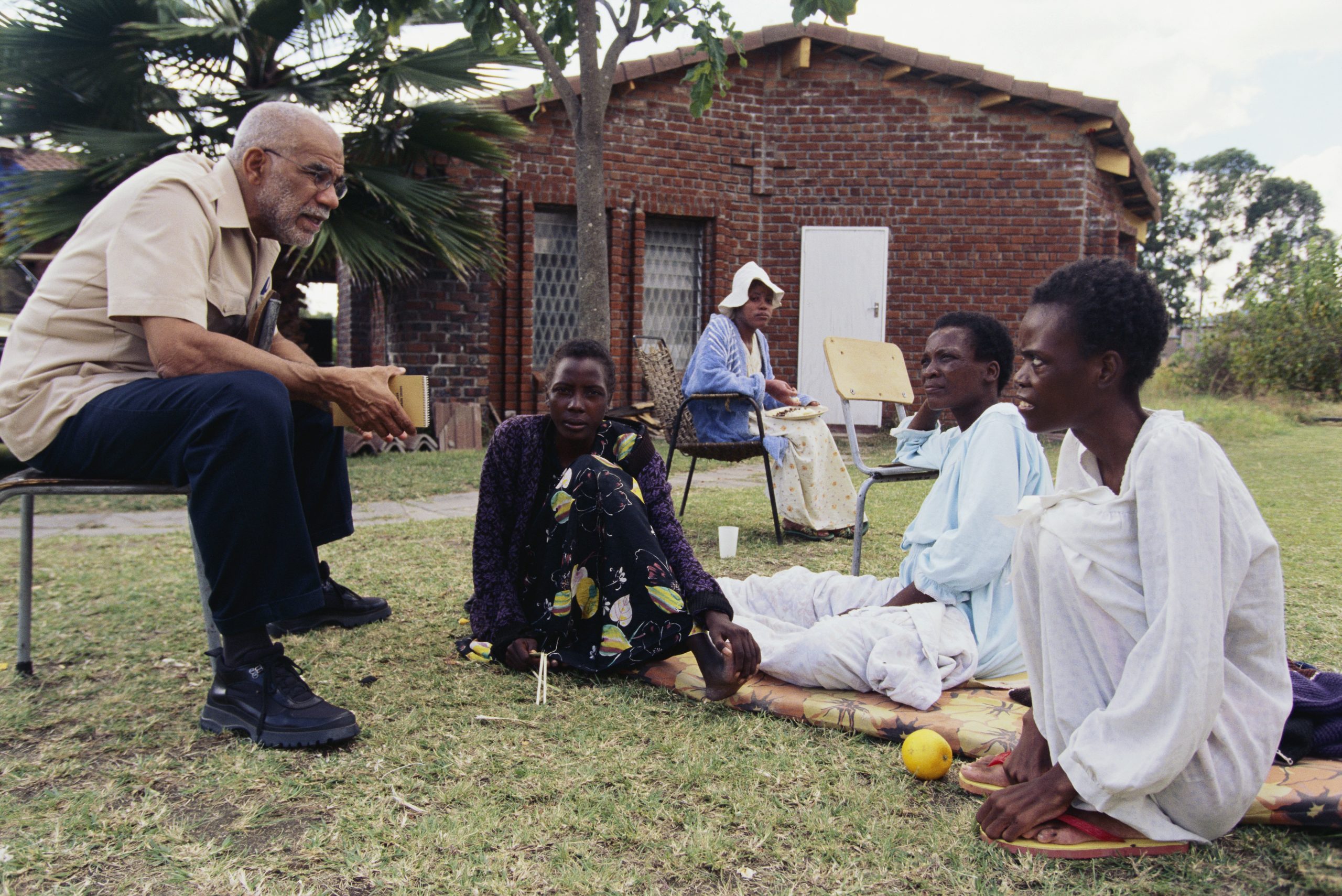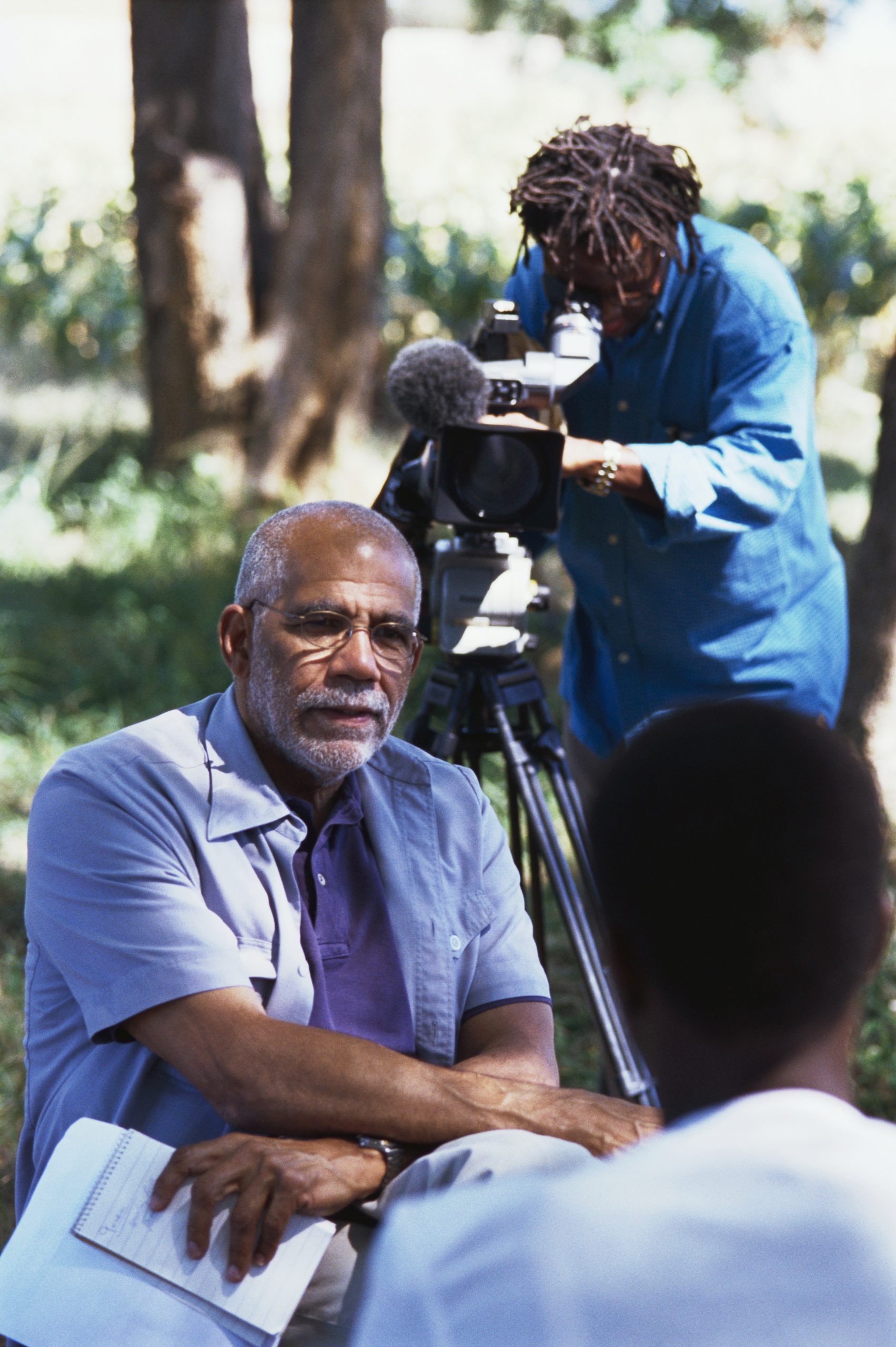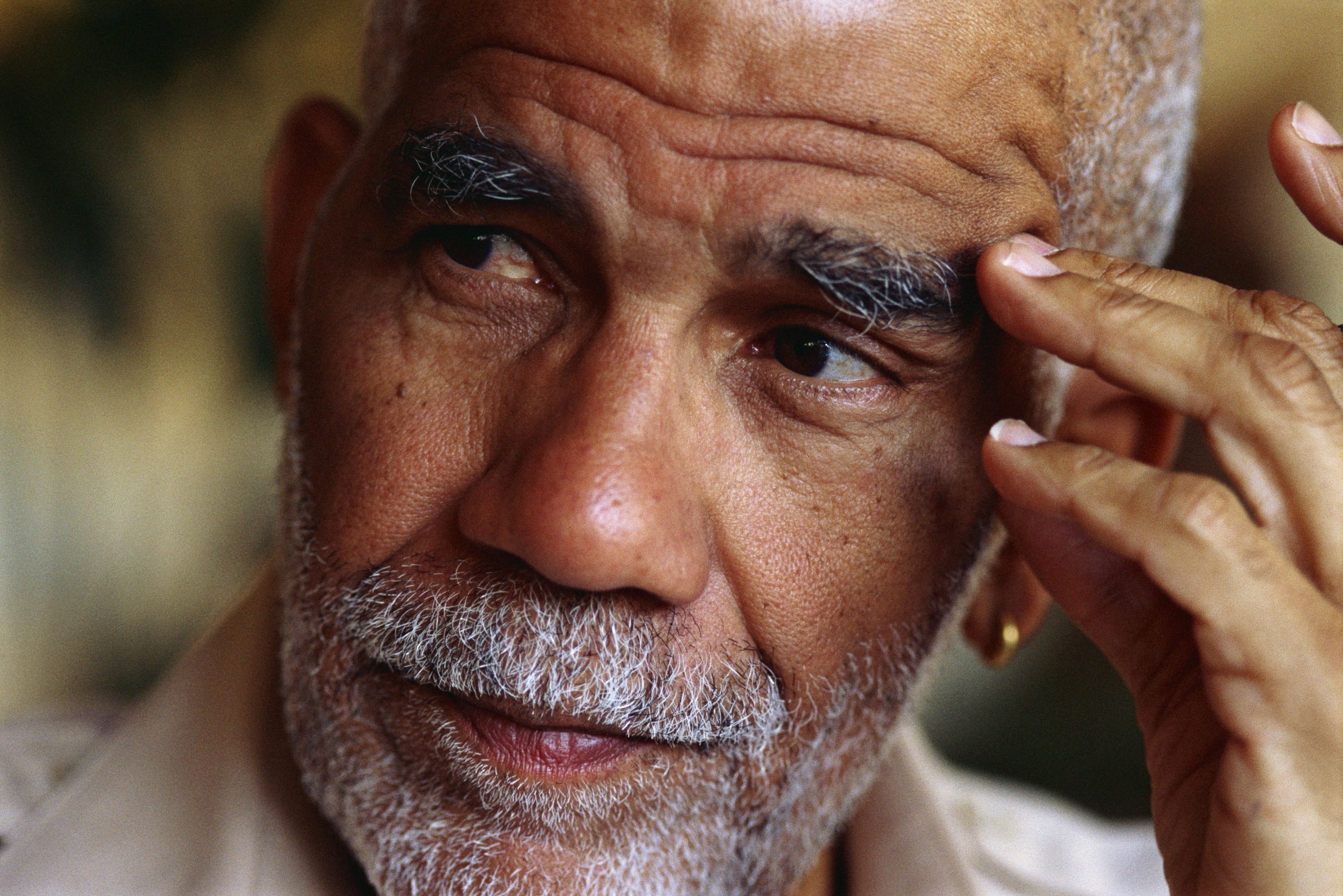Remembering '60 Minutes' Journalist Ed Bradly
- Journalist Ed Bradly passed away on November 9, 2006, after a private battle with chronic lymphocytic leukemia (CLL).
- CLL progresses slowly, and typically affects older adults; it initially develops from a type of white blood cells called B cells.
- Many people chose to keep their diagnosis private for a variety of reasons; who you share your diagnosis with and how is your decision and yours alone.

Bradley was a Philadelphia native who spent 26 years reporting for 60 Minutes at CBS and delivering breaking and award-winning stories to the public. Early in his career, he covered the fall of Saigon, and he was also the first Black TV correspondent covering the White House.
Read More
What is Chronic Lymphocytic Leukemia (CLL)?
Chronic lymphocytic leukemia (CLL) is a cancer of the blood and bone marrow. It's typically slow to progress, and the cancer develops from a type of white blood cell known as B cells. Related: The Effectiveness of Monoclonal Antibodies in Treating CLLFor leukemia which is chronic, the cells can mature partially, but not fully. And while the cells may look normal, they don't fight infection as well as normal white blood cells. Leukemia cells also survive longer than normal cells, creating build-up in the bone marrow.
Related: Initial Treatment Options for CLL Depend on Age
CLL typically affects older adults, and the symptoms can be hard to spot. Symptoms of CLL include:
- Swollen lymph nodes
- Fatigue
- Easy bruising
- Treatment options for this disease can include chemotherapy or stem-cell transplant. Stem-cell transplant is typically reserved for more aggressive cases of CLL.
Related: The New Approach to CLL Treatment
In an earlier interview, Dr. Nicole Lamanna, a hematologist/oncologist at Columbia University Medical Center, describes the advances that have been made in recent years for the treatment of CLL. She says, "The field of CLL has changed dramatically over the past five years. We've literally had three to four new drugs approved, which is remarkable for a rare disease."
"But that being said, because of these new approvals, it really has confused many physicians of which treatments they should be using," says Dr. Lamanna. "There might be therapies depending upon the person's age and what other medical problems they have, you might be picking certain drugs because of the side effects of these agents, and you may exclude other drugs. So there is not a one-size-fits-all for patients, yet, with CLL."
New Treatment Options for CLL
Keeping a Cancer Battle Private
The news of Bradley’s illness was known to very few people. Norman Lloyd, a friend and colleague of Bradley’s who knew him from when they were on assignment together in Vietnam and worked with him at CBS for decades, tells Cancer Today Magazine, "He was a pretty personal guy. He only talked about his illness with a fairly small group of people who were regarded as really close friends."
Lloyd continues, "Ed was a very strong individual and he was very honest. And I think part of that honesty was to never put himself in a place of publicity or to look for attention because of his illness."
Many people chose to keep their cancer battles private, or limited to small circles, for myriad reasons. Health is a highly personal matter, and it's up to you, and you alone, who you choose to share your diagnosis with and how you’d like to share your news.
Sharing news with others can feel cathartic, but some may prefer to work through their feelings independently. When telling someone you have cancer, you're often put in the position of managing their emotional response to your news, which may be tiring and emotionally draining. Honor your comfort zone and do what feels best and right for you.
Deciding When and Who to Tell About My Diagnosis Became a Burden
Learn more about SurvivorNet's rigorous medical review process.


